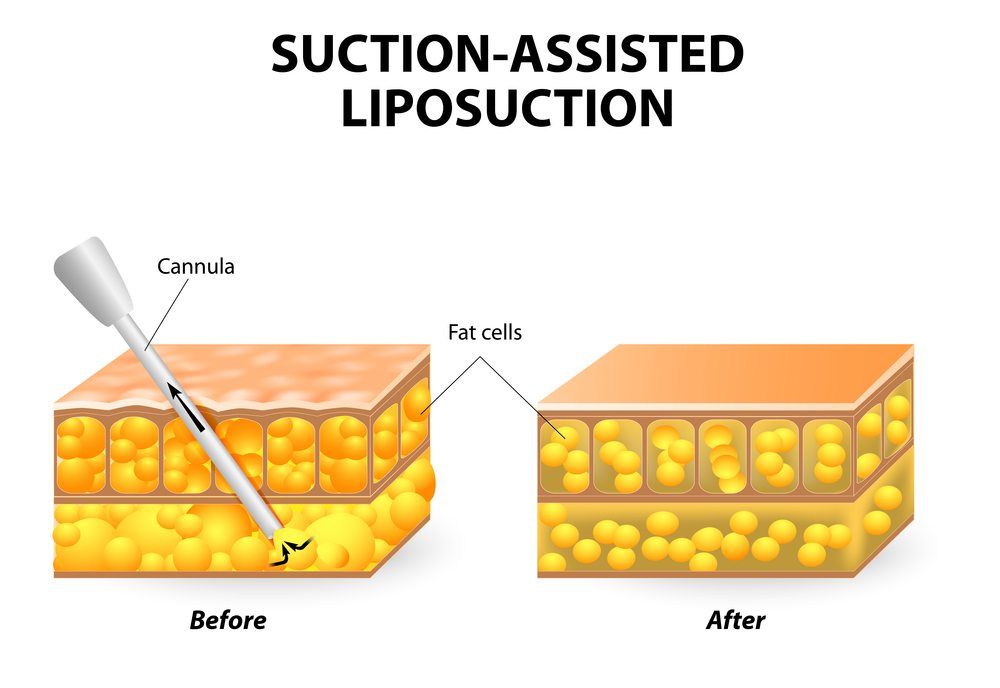Liposuction

Liposuction, also known as lipoplasty, is the removal of excess fat from the body – usually for cosmetic purposes. Liposuction can be performed on nearly every area of the body that is notorious for storing stubborn fat. For many patients, liposuction is a last resort after years of diet and exercise. Although liposuction is not a replacement for a healthy diet and physical activity, it is an excellent way of eliminating fat pockets that just won’t seem to budge regardless of how physically fit a patient is. After undergoing liposuction treatment, most patients can expect improved bodily proportion and slimmer contouring. Some of the areas that liposuction is most effective on include:
- Abdomen
- Hips
- Thighs
- Back
- Calves
- Buttocks
- Waist
- Inner knee
- Ankles
Did you know…
that liposuction has been used in cosmetic surgery for many decades? In fact, it has become so routine; that it was the number one performed plastic surgery in America by 2004. Today, many people still choose to undergo the procedure – currently more than 200,000 every year. Though liposuction can be performed alone, it is often paired with other cosmetic procedures, such as tummy tucks, facelifts, and breast augmentations/reductions.
Frequently Asked Questions
Am I a candidate for liposuction?
You may be a good candidate for liposuction if you are relatively healthy, yet struggle with disproportionate fat distribution unrelated to your weight or physical fitness. Liposuction patients should be non-smokers and should have relatively firm skin and muscle tone. Schedule a professional consultation to learn more about whether liposuction is right for you.
What should I expect during liposuction treatment?
You will not be permitted to eat or drink anything the day of your liposuction procedure. Your doctor will administer an IV sedative or general anesthesia to help you relax or fall asleep during the surgery. A surgeon will use a long narrow tube to dislodge fat via small incisions near the targeted liposuction areas. Once the fat is dislodged, it will be suctioned out of the body using a surgical vacuum. Most liposuctions last between one and four hours depending on the number of treatment areas.
Can you explain the recovery period to me?
You’ll awake from your procedure wearing a compression garment to reduce swelling, as well as drains at your incision sites. Once you are released to go home, you’ll be discharged with specific instructions for at-home care and returning visits to the doctor for follow-up and bandage removal. Be sure to take all prescribed medications as directed by your doctor, and call your doctor immediately if you experience any chest pains or shortness of breath following your surgery.
